Research Labs & Pre-Clinical Programs
In addition to building upon our successful clinical care programs and clinical trials, our basic science researchers are actively pursuing research in and outside the laboratory aimed at improving all aspects of women's health. The principal investigators (PIs) in each of these laboratories and programs, and their respective research teams conduct scientific experiments covering a broad range of topics: from understanding the genetic basis of ovarian cancer to improving treatment options for women with gynecologic cancer to increasing women's access to health care in underserved communities.
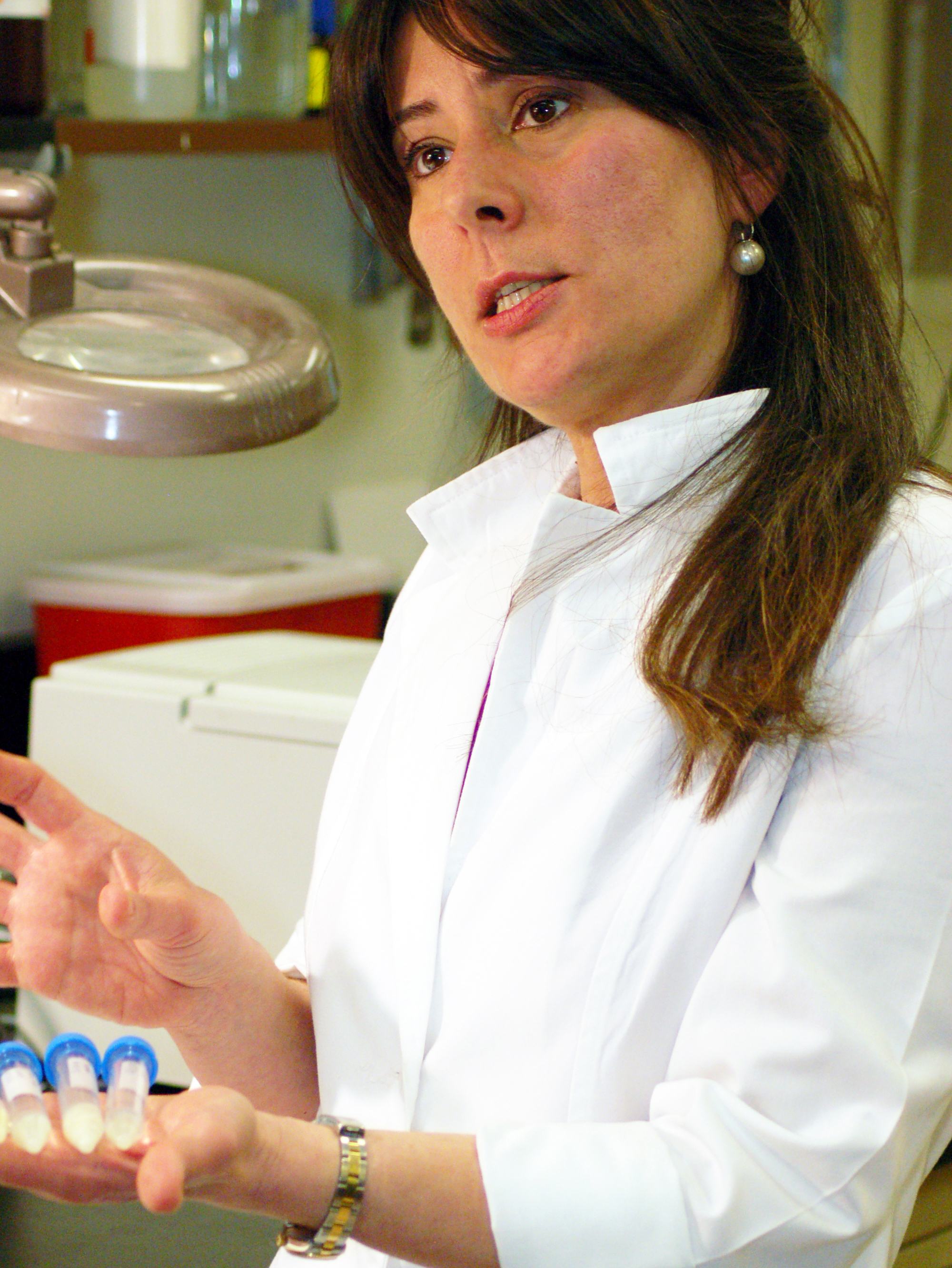
Martina Bazzaro, PhD
Dr. Bazzaro has a lifelong research interest in cervical and ovarian cancer. She combines her expertise in both the biology of ovarian cancer and pharmaceutical chemistry for the discovery of personalized medicine for women affected by cervical and ovarian cancer for which conventional chemotherapy is not a satisfactory option.
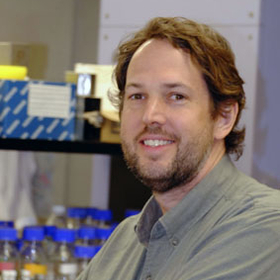
Micah Gearhart , PhD
Dr. Gearhart is a developmental biologist investigating epigenetic processes that control the formation and health of the placenta. His laboratory uses mouse models and human trophoblast stem cells to uncover molecular mechanisms underlying placental insufficiencies. After receiving an undergraduate degree in chemistry, he studied the structural biology of transcription factors as a PhD student at the Scripps Research Institute in La Jolla, California. As a postdoctoral fellow in Vivian Bardwell's laboratory at the University of Minnesota, he discovered the non-canonical variant of the Polycomb Repressive Complex (PRC1.1). He most recently held a position as a Research Assistant Professor in the Department of Genetics, Cell Biology and Development and served as a bioinformatics consultant for the Developmental Biology Center.
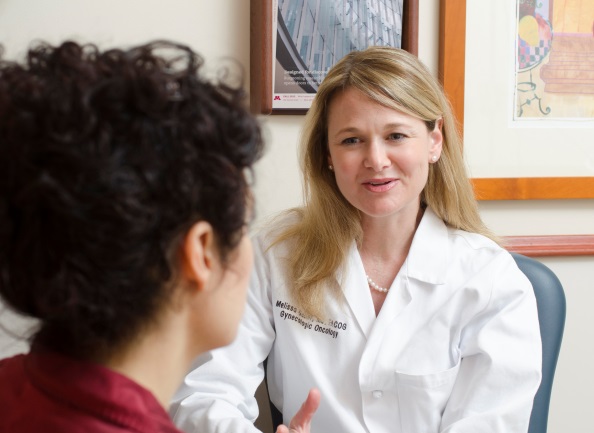
Melissa Geller, MD, MS
Dr. Melissa Geller is the Associate Director (AD) for Clinical Research at the Masonic Cancer Center.
Dr. Geller received an institutional K12 scholar award in 2008 which allowed her to focus on research addressing new therapies to treat women with recurrent ovarian cancer. A significant part of her effort is concentrated on trying to understand how to exploit NK cells for therapeutic purposes against ovarian cancer. To this end, she has led multiple clinical trials involving immunotherapy in advanced gynecologic malignancies. Dr. Geller holds an American Cancer Society (ACS) Clinical Scholar Award for her translational research investigating a next-generation immunotherapy product by expressing an anti-mesothelin chimeric antigen receptor (CAR) in human induced pluripotent stem cells (iPSCs) to generate targeted NK cells with increased ability to kill human ovarian cancer cells. Additionally she has developed and assessed technology based interventions to improve the quality of life for women with ovarian cancer. Dr. Geller is currently funded through a U.S. Department of Defense award to create and test a mobile App for Genetic Information on Cancer (mAGIC) aimed to educate ovarian cancer patients about genetic counseling and testing. Dr. Geller serves as the Director of Research in the Division of Gynecologic Oncology and leads the Translational Working Group of the Masonic Cancer Center on Gynecologic cancers. She currently serves on the NRG Oncology Developmental Therapeutics/Phase I/Experimental Medicine Committee.
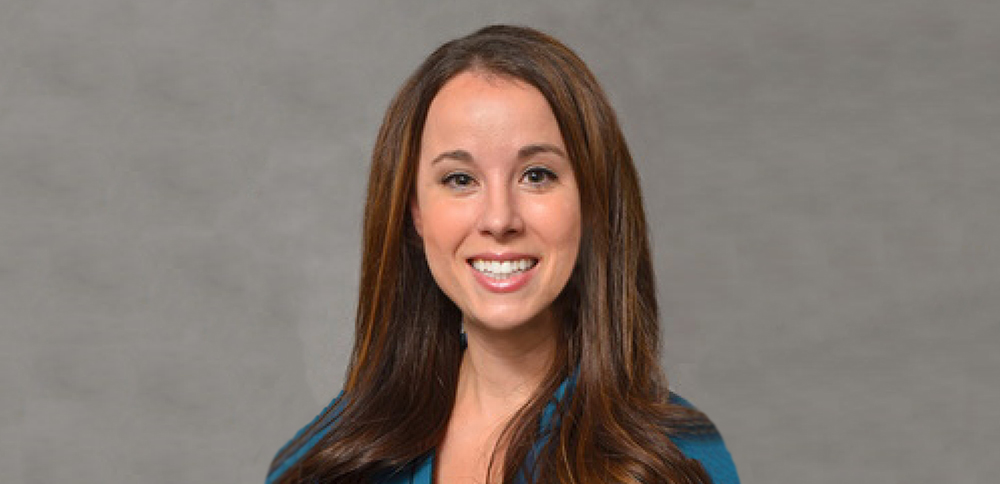
Rachel Vogel, PhD
Dr. Vogel is the Masonic Cancer Center Women’s Health Research Scholar and is interested in outcomes research and cancer survivorship. As the number of cancer survivors increases, the long-term negative effects of the disease and treatment have become a substantial public health concern. Dr. Vogel recently completed a large study assessing the quality of life and health behaviors of of long-term melanoma survivors. Her current study is to identify risk factors of chemotherapy-induced cognitive decline, often referred to as “chemo brain” among women with ovarian cancer. Her long-term goal is to establish a gynecologic cancer outcomes and survivorship research program focused on improving survivors’ quality of life during and after treatment.
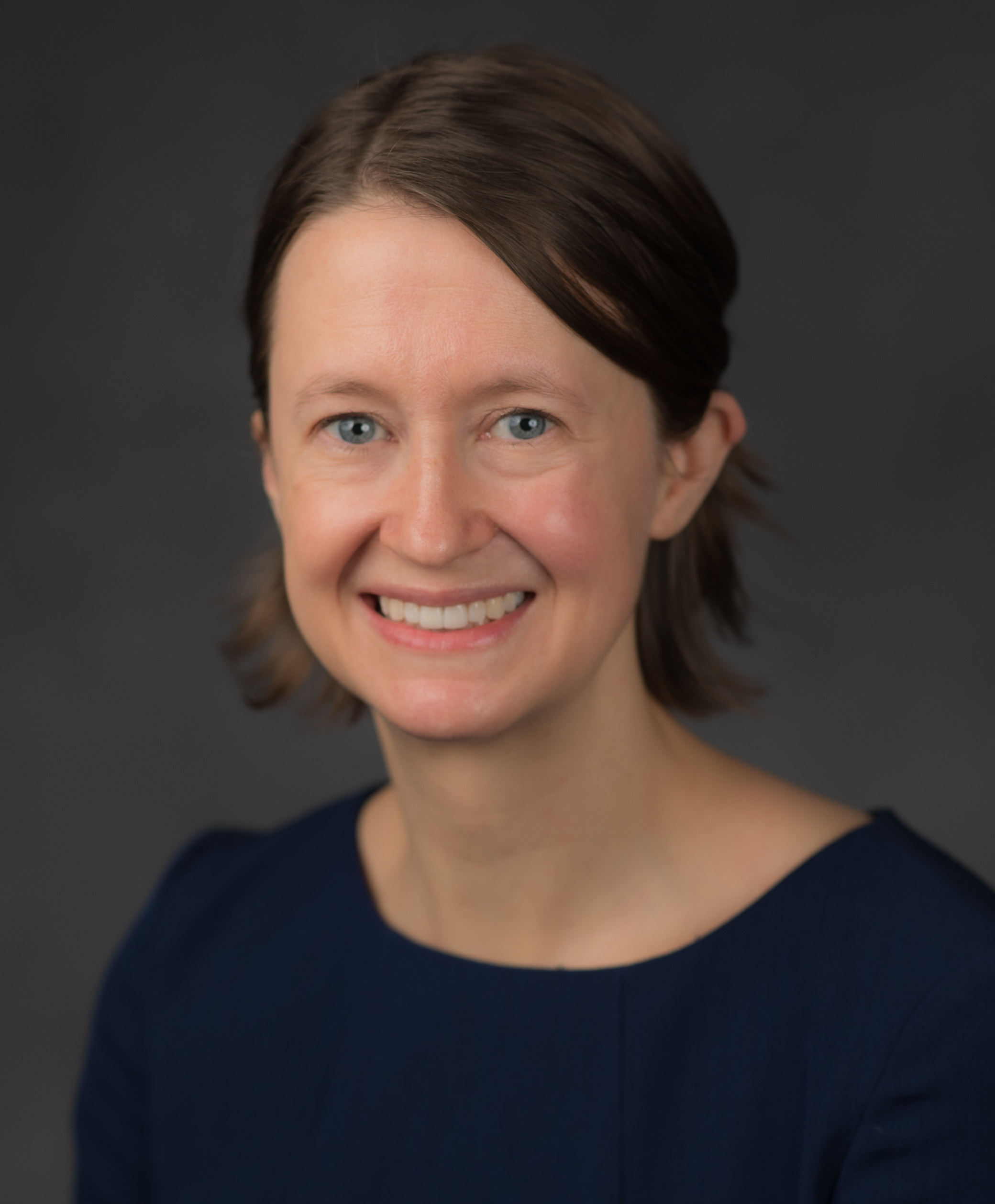
Sarah Wernimont , MD, PhD
Dr. Wernimont is a physician-scientist who cares for patients with complicated pregnancies and whose basic science program is directed towards defining the basic mechanisms by which overnutrition impairs placental development. Dr. Wernimont’s research program is housed within the Division of Molecular Medicine within the Department of Medicine. In her laboratory, Dr. Wernimont combines cutting edge static and isotope tracing liquid chromatography-mass spectrometry-based metabolomics with CRISPR/Cas9 gene disruption in multiple cell culture models to define how mitochondrial nutrient flux regulates trophoblast differentiation. Her clinical research program is directed towards identifying better ways to deliver care for patients with diabetes in pregnancy, and relies heavily on the University of Minnesota Obstetric Measures (UMOMs) database that includes over 70,000 patients and 100,000 deliveries from the MHealth/Fairview System. The overarching goal of Dr. Wernimont’s research is to use innovative approaches to answer fundamental questions of trophoblast biology, which combined with her clinical research, supports her long term goal of improving pregnancy and lifelong offspring health for patients with diabetes and obesity